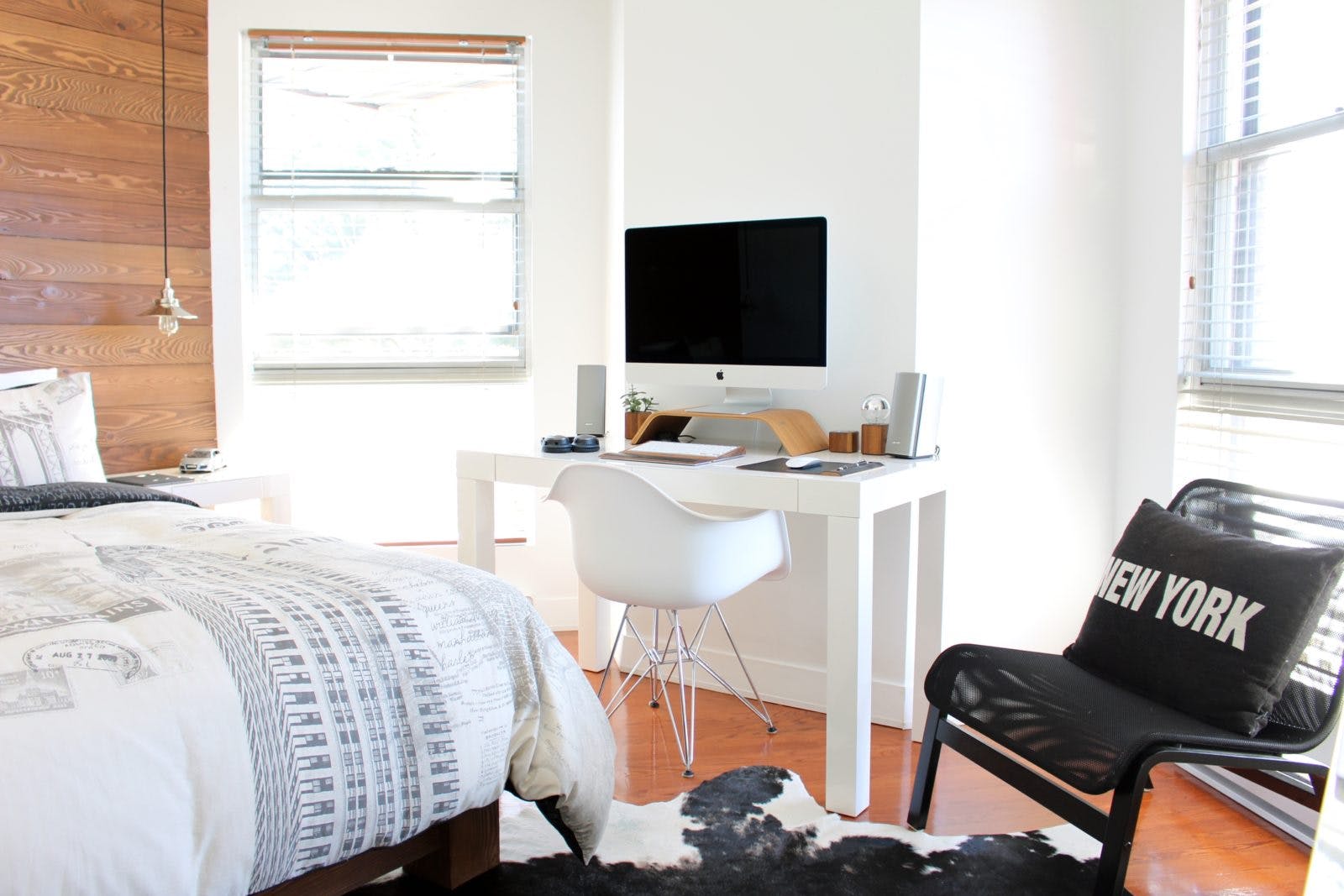If you’re buying a property in the lower mainland, chances are you’ve lost in a bidding war at least once, if not more. Why? In short, it’s competitive, but you also could be making these common mistakes that people losing out in bidding ways typically make:
Including multiple conditions and subjects in your offer.
Simply put, if you include multiple conditions, you probably aren’t going to win a bidding war. If you need to wait to be approved for financing, need a long closing date, and want to wait for a home inspection, then you’re probably are not ready to buy a house in this competitive real estate market.
Not having your deposit ready to hand over.
Having your deposit cheque in-hand shows the buyers you’re serious and makes your offer more appealing to the sellers. If you don’t have it ready, someone else competing against you probably will.
Taking your time, and being indecisive.
If you move slowly and can’t make a decision, it’s probably already too late. Real Estate moves quickly, and unfortunately, buyers just aren’t able to take their time leisurely shopping around. I’ve actually had buyers that have purchased homes without seeing what the inside looks like; the market moves that fast.
Not having a plan B in place.
If your offer gets rejected, the seller might give you a chance to revise your offer. What will that revision be? You should talk about it ahead of time with your agent. If you don’t have a backup plan in place, you won’t be able to react in a calculated way.
Hiring an inexperienced real estate agent.
An experienced real estate agent can make all the difference. Why? Someone that has been around awhile will have experience with bidding wars, be a firm negotiator, know when to back off and when to go for it, and may even know the agent at the opposite end of the table. Going with someone inexperienced could mean all the difference between getting the home you want and beginning your home search all over again.






